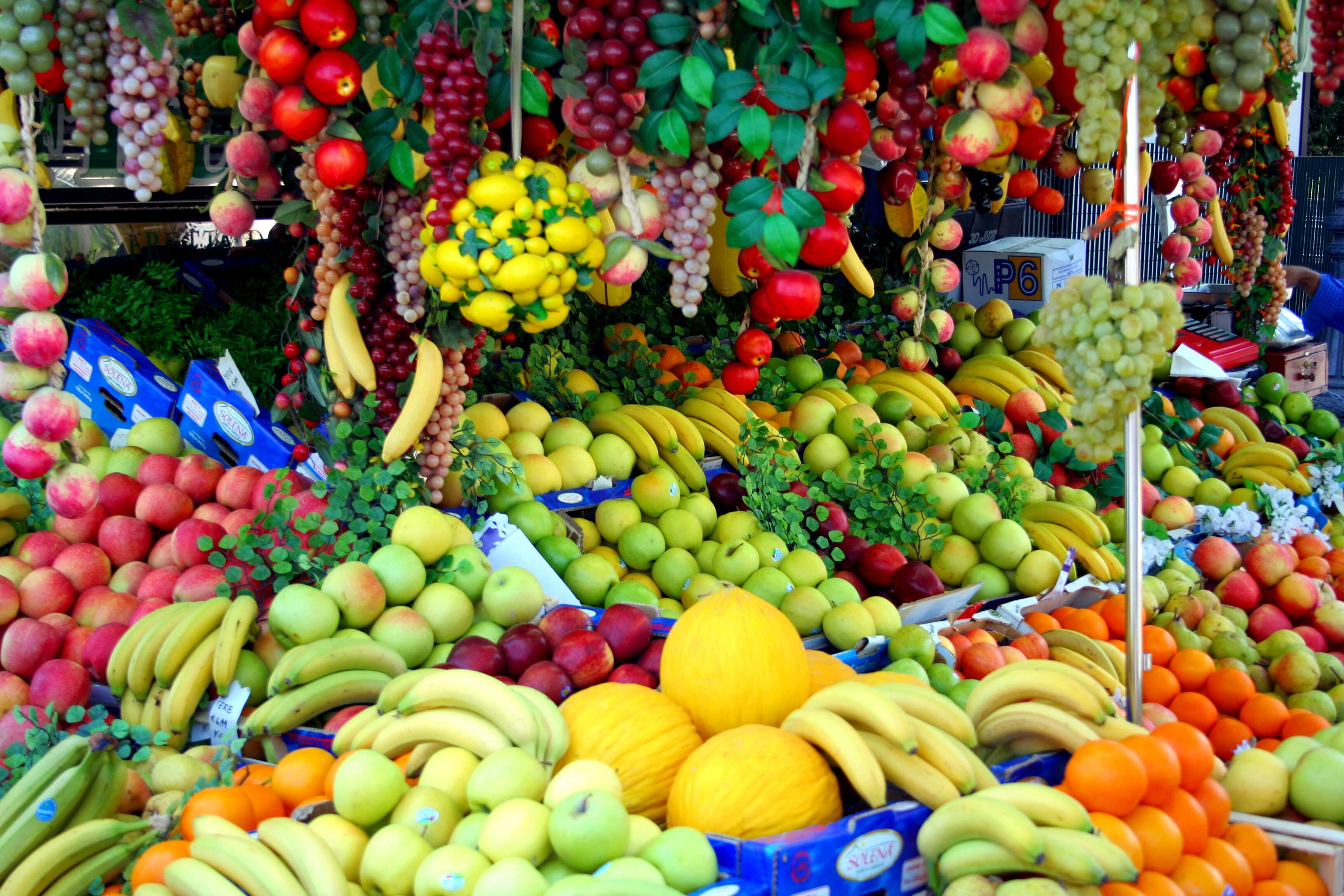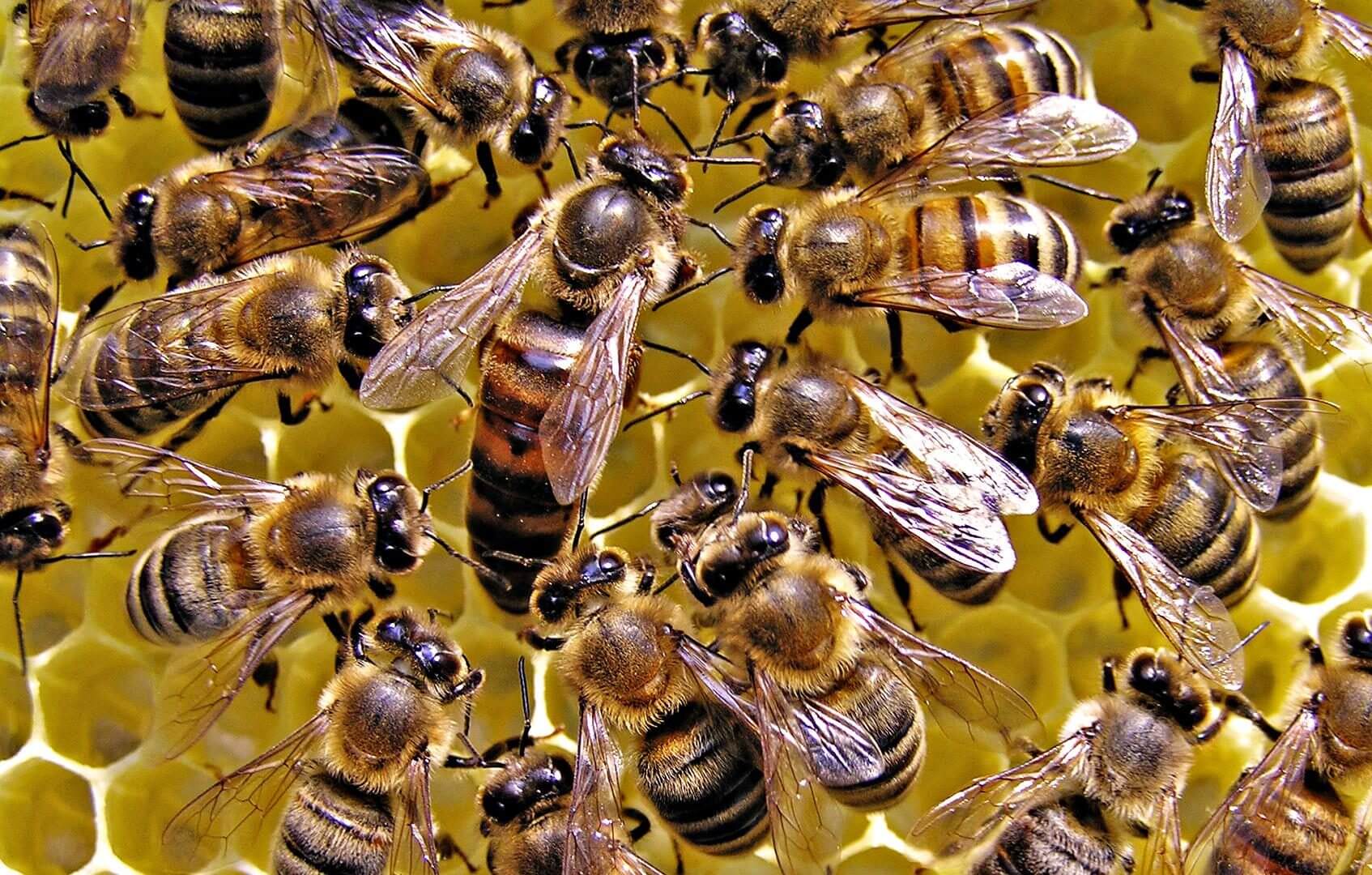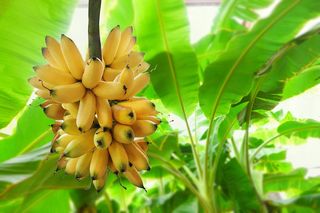
A new study provides valuable insights into pollen abundance and diversity available to honeybee colonies employed in five major pollinator-dependent crops in Oregon and California, including California's massive almond industry.


 Researchers at Johannes Gutenberg University Mainz (JGU) in Germany, in collaboration with colleagues from the University of the Witwatersrand in Johannesburg in South Africa and the University of Dar-es-Salaam in Tanzania, succeeded in using cashew nut shell liquid (CNSL) as a substitute for petroleum in organic synthesis. Their aim was the development of a sustainable synthesis of soluble organic UV filters.
Researchers at Johannes Gutenberg University Mainz (JGU) in Germany, in collaboration with colleagues from the University of the Witwatersrand in Johannesburg in South Africa and the University of Dar-es-Salaam in Tanzania, succeeded in using cashew nut shell liquid (CNSL) as a substitute for petroleum in organic synthesis. Their aim was the development of a sustainable synthesis of soluble organic UV filters.
 Scientists have found how to relieve a bottleneck in the process by which plants transform sunlight into food, which may lead to an increase in crop production. They discovered that producing more of a protein that controls the rate in which electrons flow during photosynthesis, accelerates the whole process.
Scientists have found how to relieve a bottleneck in the process by which plants transform sunlight into food, which may lead to an increase in crop production. They discovered that producing more of a protein that controls the rate in which electrons flow during photosynthesis, accelerates the whole process. In a first-ever study investigating the risk of neonicotinoid insecticides to ground-nesting bees, University of Guelph researchers have discovered at least one species is being exposed to lethal levels of the chemicals in the soil.
In a first-ever study investigating the risk of neonicotinoid insecticides to ground-nesting bees, University of Guelph researchers have discovered at least one species is being exposed to lethal levels of the chemicals in the soil. The momentum behind a move to plant-based and vegan diets for the good of the planet is commendable, but risks worsening an already low intake of an essential nutrient involved in brain health, warns a nutritionist in the online journal BMJ Nutrition, Prevention & Health.
The momentum behind a move to plant-based and vegan diets for the good of the planet is commendable, but risks worsening an already low intake of an essential nutrient involved in brain health, warns a nutritionist in the online journal BMJ Nutrition, Prevention & Health.
 Bad news for banana lovers: A fungus that's particularly adept at killing the fruit has finally reached Latin America — a major supplier of the world's bananas — as scientists long feared it would.
Bad news for banana lovers: A fungus that's particularly adept at killing the fruit has finally reached Latin America — a major supplier of the world's bananas — as scientists long feared it would.